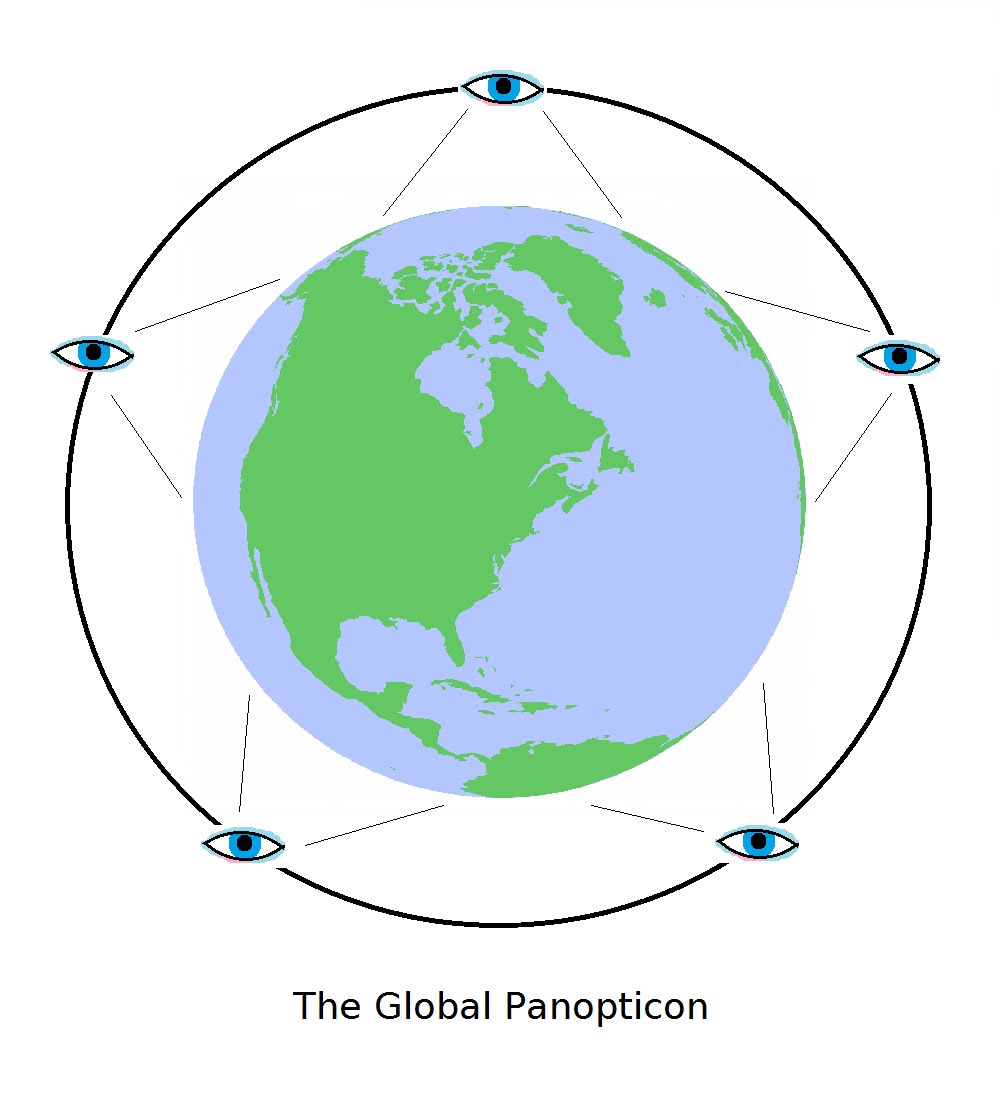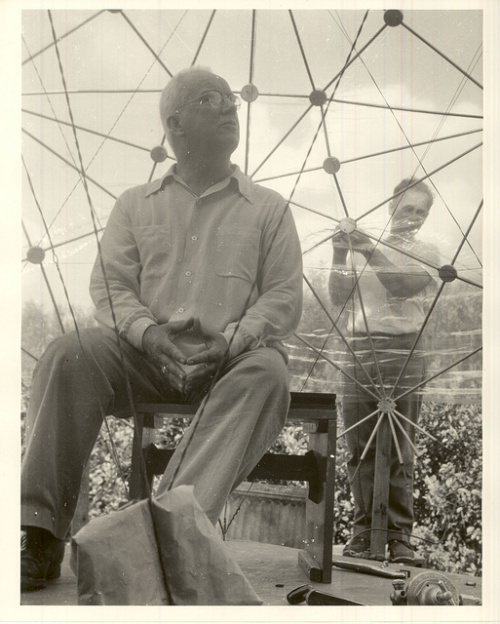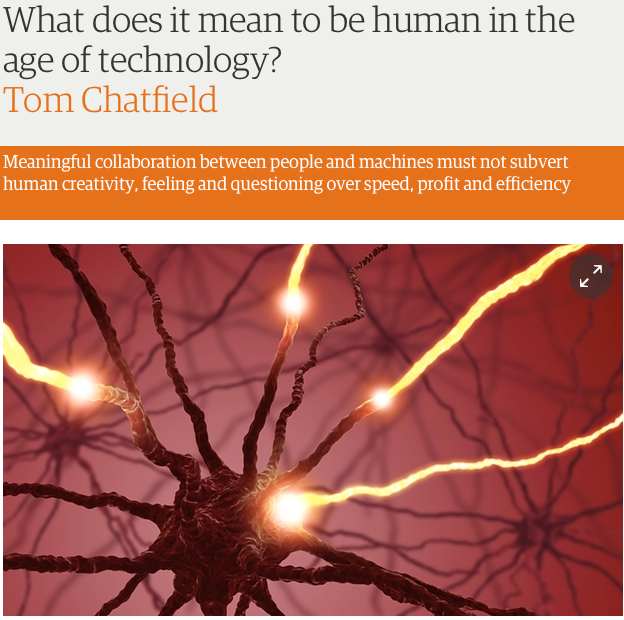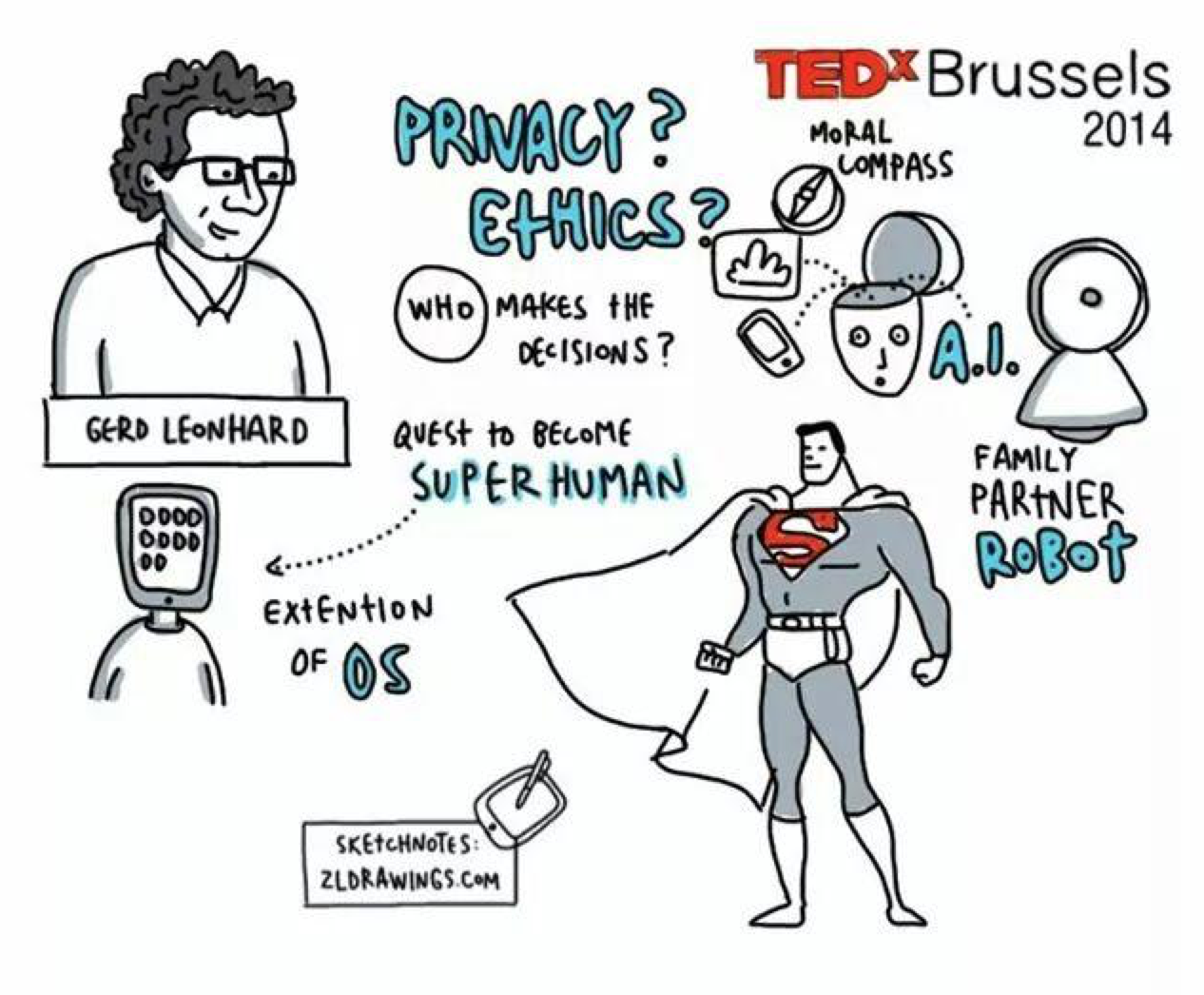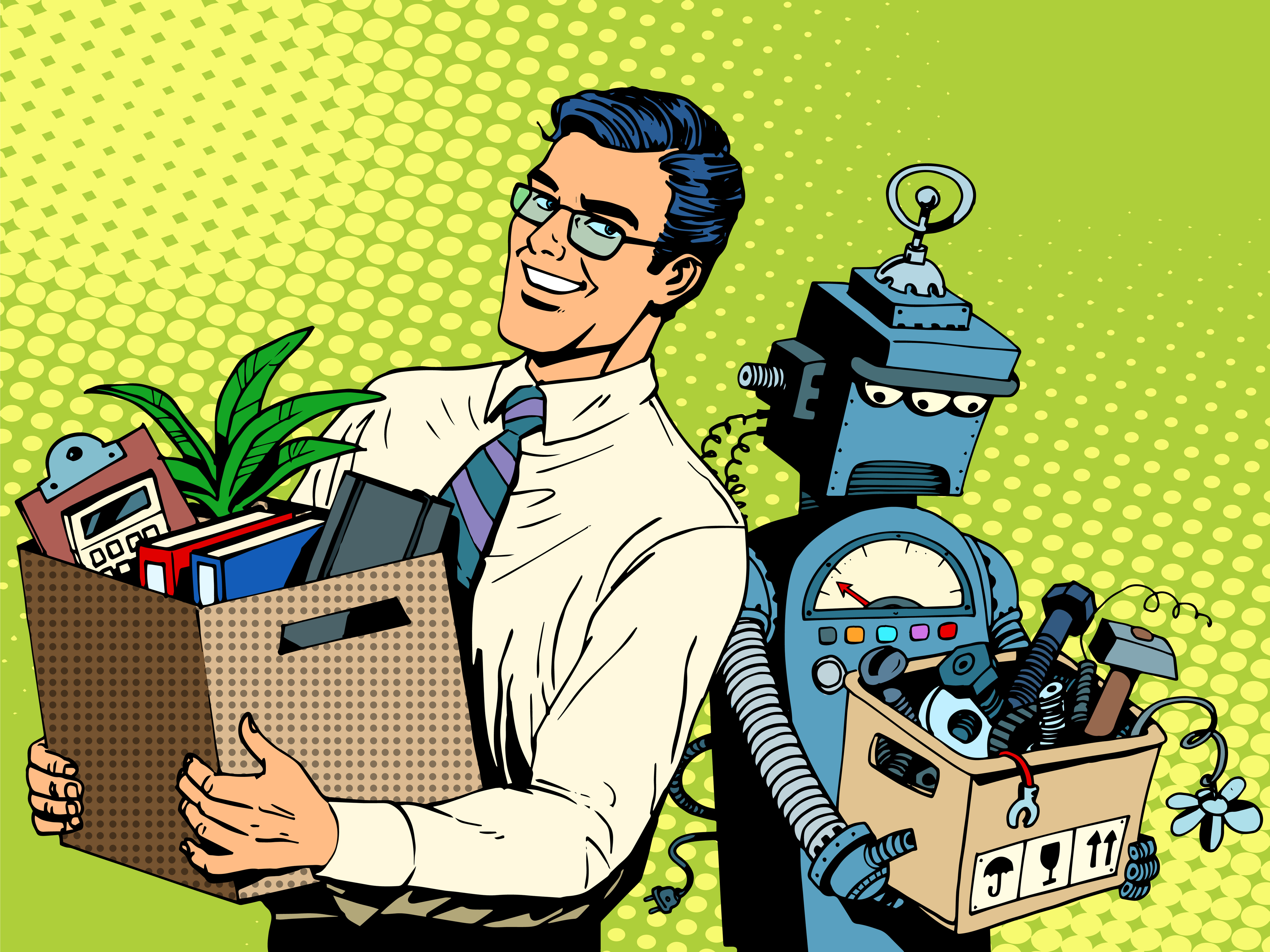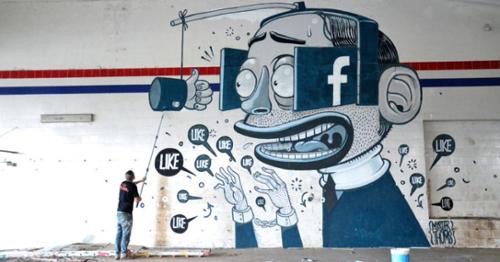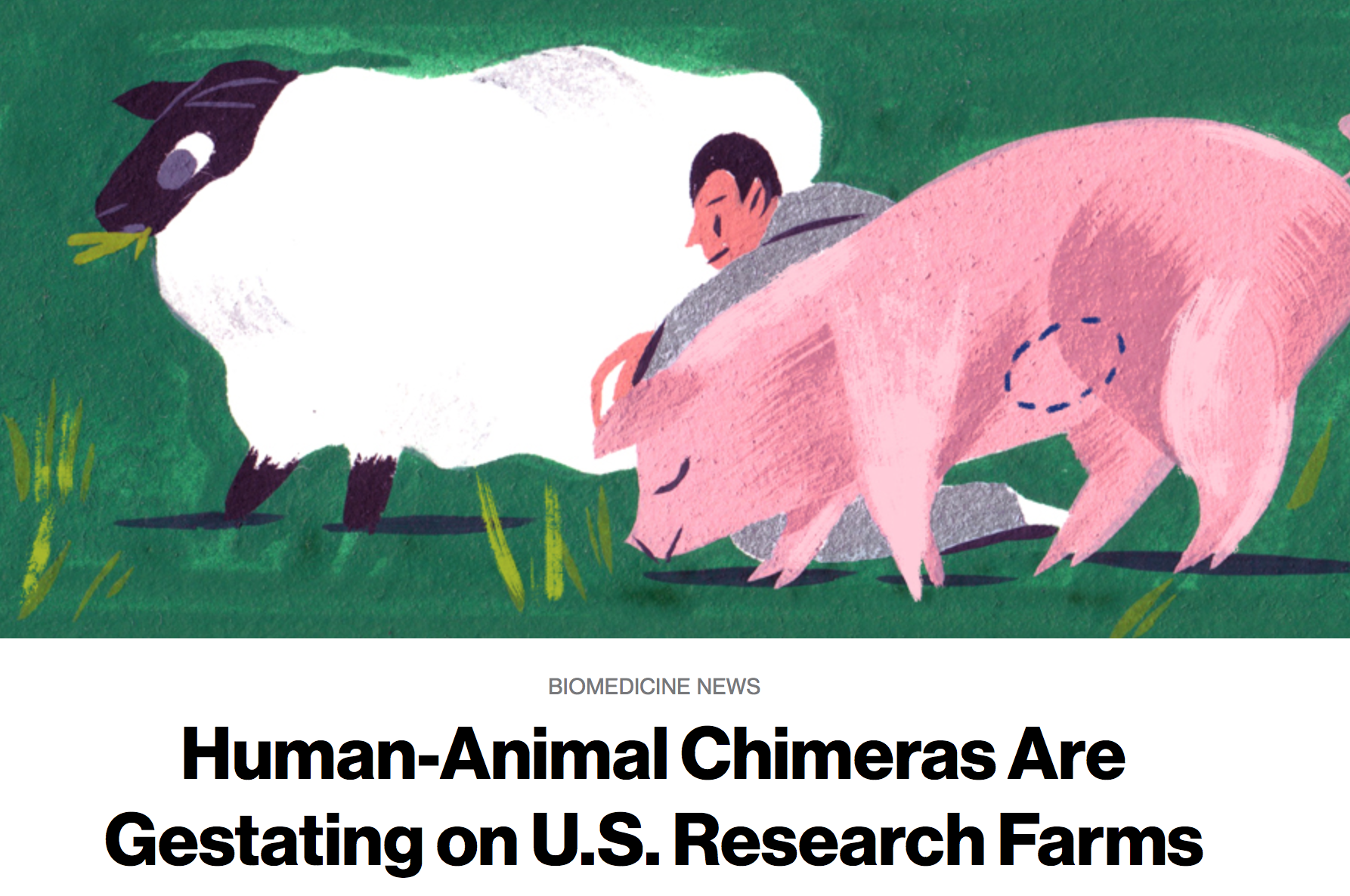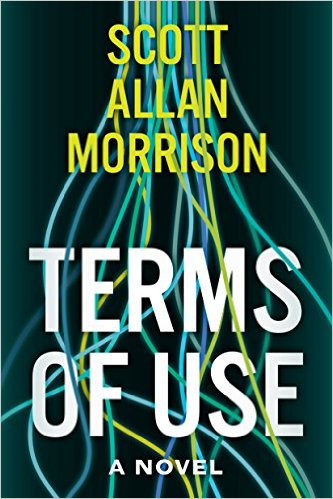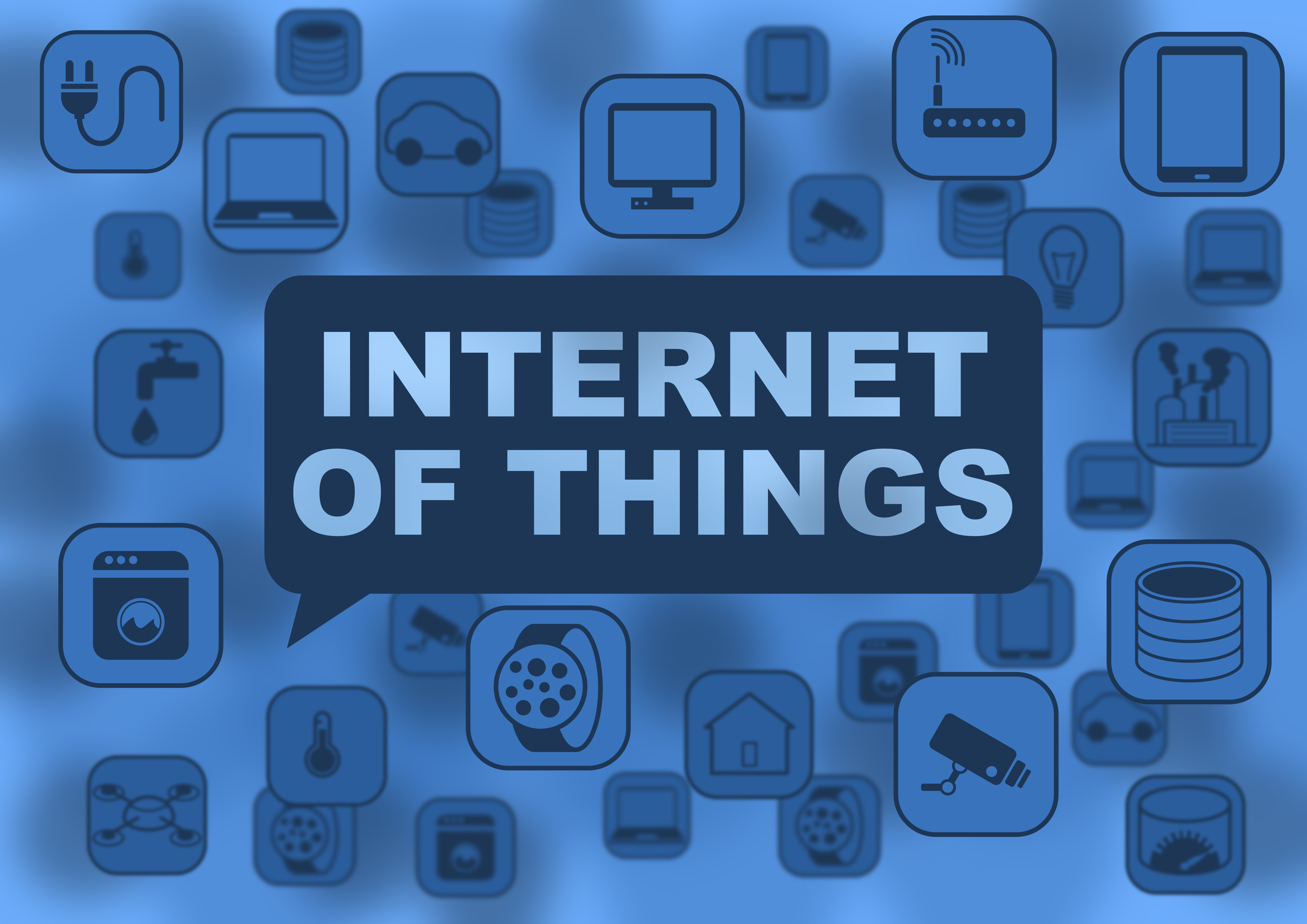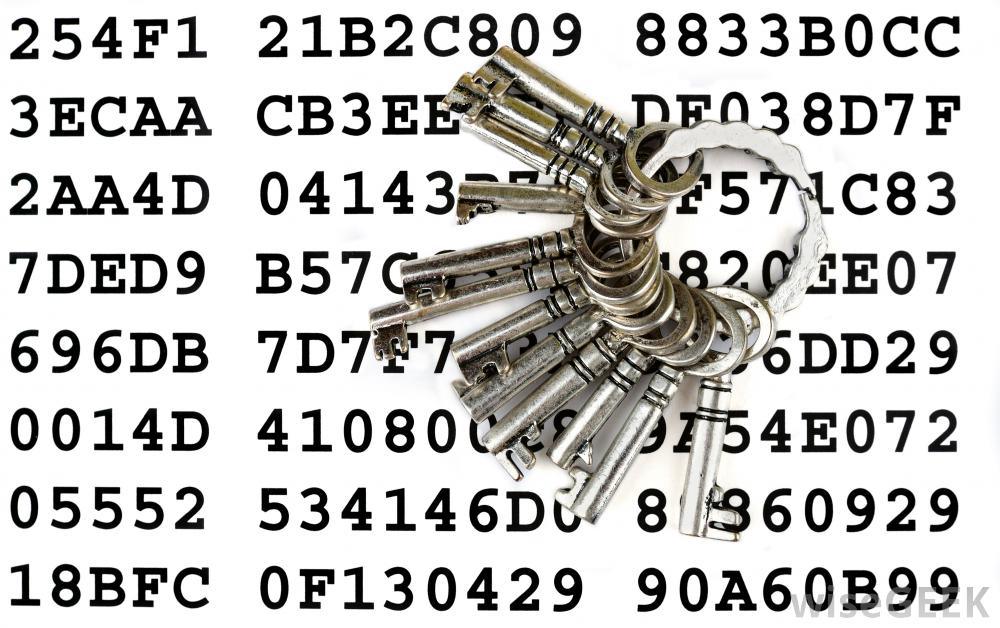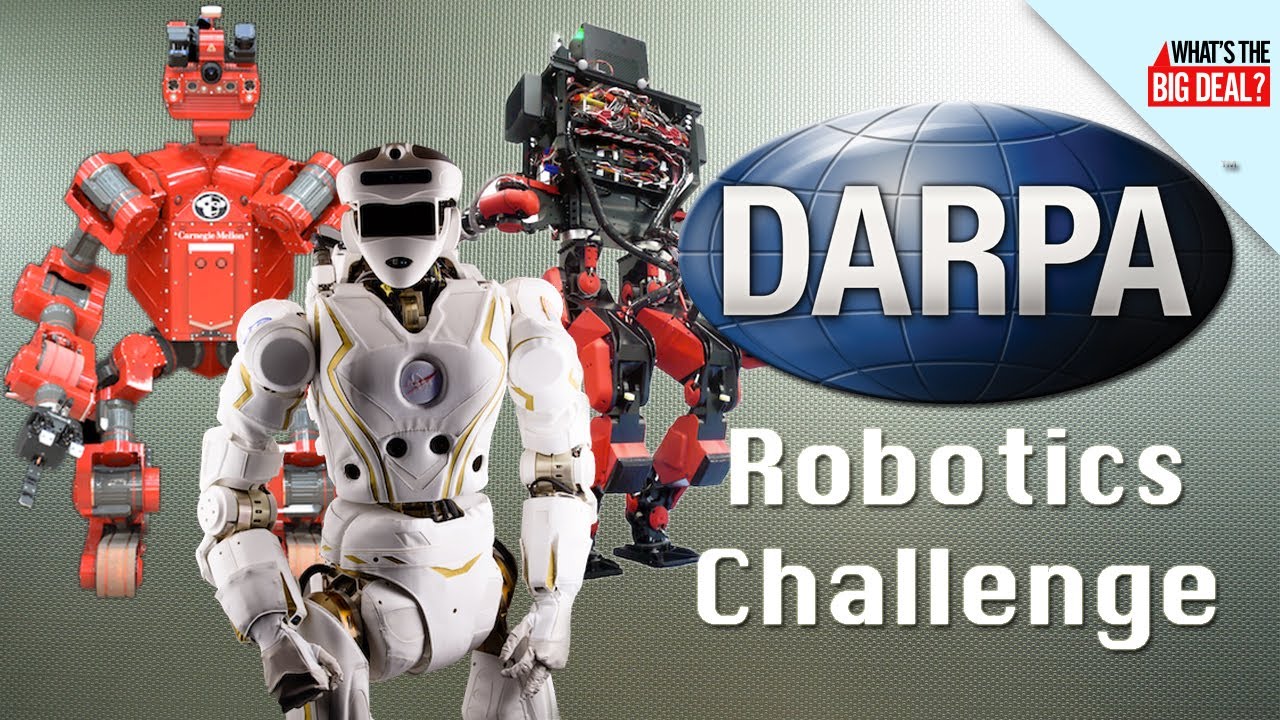Para proporcionar as melhores experiências, utilizamos tecnologias como os cookies para armazenar e/ou aceder a informações do dispositivo. O consentimento para estas tecnologias permitir-nos-á processar dados como o comportamento de navegação ou IDs únicos neste sítio. O não consentimento ou a retirada do consentimento pode afetar negativamente determinadas características e funções.
O armazenamento técnico ou o acesso é estritamente necessário para o fim legítimo de permitir a utilização de um serviço específico explicitamente solicitado pelo assinante ou utilizador, ou para o único fim de efetuar a transmissão de uma comunicação através de uma rede de comunicações electrónicas.
O armazenamento ou acesso técnico é necessário para o objetivo legítimo de armazenar preferências que não são solicitadas pelo assinante ou utilizador.
O armazenamento técnico ou o acesso que é utilizado exclusivamente para fins estatísticos.
O armazenamento técnico ou o acesso que é utilizado exclusivamente para fins estatísticos anónimos. Sem uma intimação, o cumprimento voluntário por parte do seu fornecedor de serviços Internet ou registos adicionais de terceiros, as informações armazenadas ou recuperadas apenas para este fim não podem normalmente ser utilizadas para identificar o utilizador.
O armazenamento técnico ou o acesso são necessários para criar perfis de utilizador para enviar publicidade ou para seguir o utilizador num sítio Web ou em vários sítios Web para fins de marketing semelhantes.
